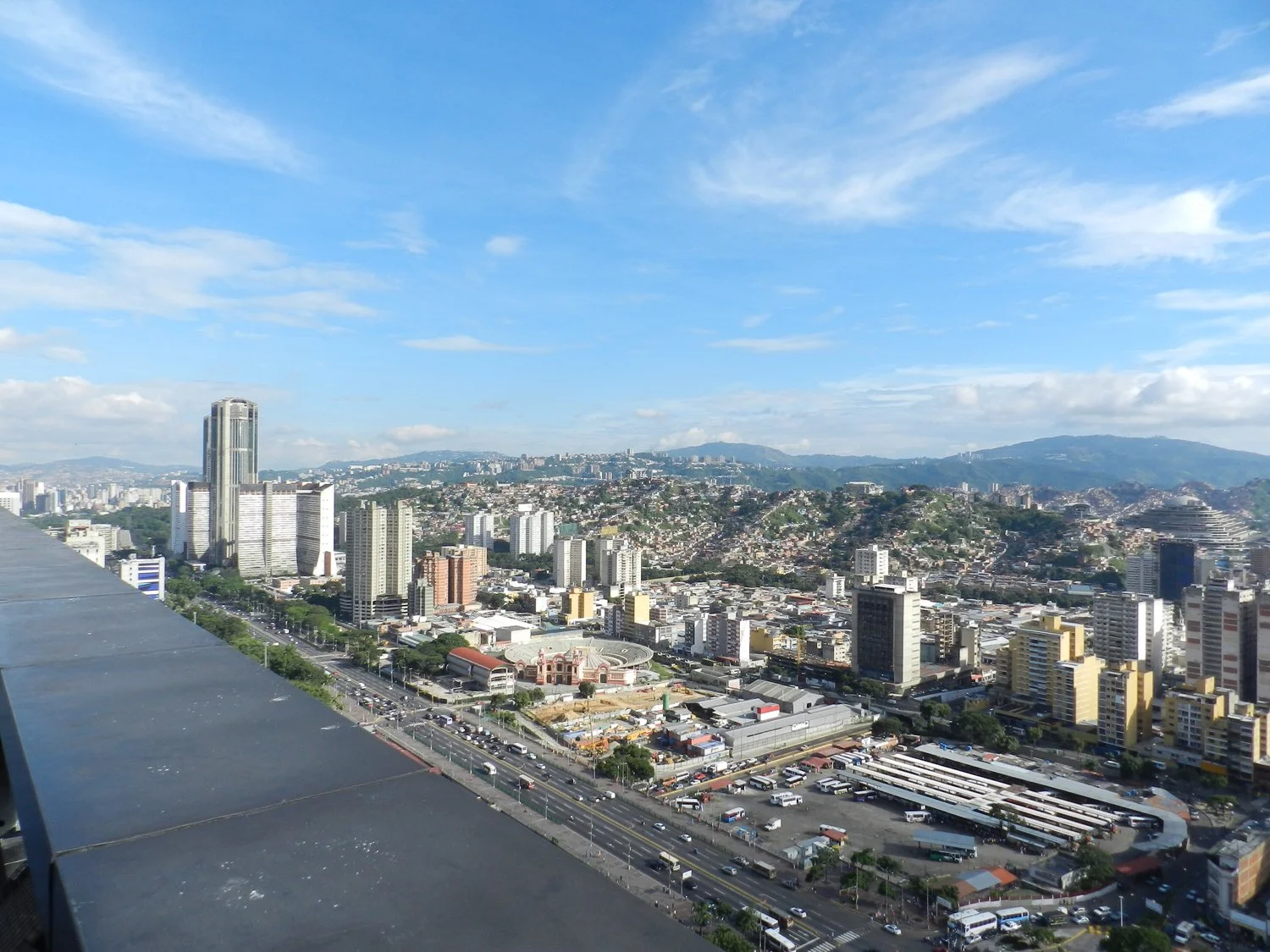By Rodrigo Acuña
ON LINE Opinion - Australia's e-journal of social and political debate
8 March 2013
I always expected to see video images of the Venezuelan President Hugo Chávez in Havana Cuba delivering a passionate speech at the ex-Cuban leader Fidel Castro's funeral amid other leftist heads of state from Latin America and the Caribbean. The news of Chavez's declining health due to cancer over the last two years was well known, as were his repeated statements that cancerous cells no longer inhabited his body.
At times these announcements on the surface appeared accurate. In public the former-lieutenant colonel always tried to project an image of being strong, confident and joyful. Chavez loved to be seen on television, often inaugurating a new school or clinic in a shanty town surrounded by his supporters. But after winning a convincing fourth presidential election in October 2012 by 55% to 45%, and then in November declaring that he needed to return to Cuba for more surgery, it seemed clear Chavez was not well.
Then in early 2013, before a meeting of the economic-political bloc between Cuba, Bolivia, Ecuador, Nicaragua, Venezuela and numerous Caribbean countries coined the Bolivarian Alliance for the America (ALBA), Fidel Castro wrote to the Venezuelan Vice-President Nicolas Maduro: "however painful (Chávez's) absence, all of you will be capable of continuing his work."
On January 30 a respected long-time observer of Latin America stated that: "[a]n atmosphere of sadness and imminent tragedy has taken over the towns and cities of Venezuela as Hugo Chávez nears death." Over seven days later, President Chavez was declared dead by an emotional Maduro.
A brief look at some of media commentary will indicate a focus on Chavez's less positive legacy. One of the Venezuelan president's strengths was that he was not formed by a political machine which closely monitored the electorate, and pre-screened speeches which turned him into a plastic wind-up doll ready to sell policies. While this aspect of Chavez endeared him to many Venezuelans, it was also his Achilles heel.
Only towards the end of 2011 in a lengthy interview did Chavez concede that one of his weaknesses was his impulsive nature and inability to self-censor some of his comments. By then though he had made countless unnecessary statements such as famously referring to U.S. President George W. Bush as "the Devil" at the United Nations General Assembly. Then there were his embarrassingly cosy relations with Iran, Syria and Libya whose own governments were as distant to Chavez's 21st century socialist philosophy as they were to Venezuela geographically.
While states which have defied U.S. power have often had few options in choosing their associates, Chavez's embracement of regimes such as those in the Middle East made him look unsophisticated and autocratic despite having won numerous and closely monitored democratic elections. Having his own weekly television show 'Hello President' added to this image.
In 2005, during a research trip to Venezuela, I argued with a Venezuelan who worked for the Ministry of Education. Chavez, I told him, could easily open a new factory or school on his program, discuss various government policies, engage in his light-hearted humour, but was it really necessary for him to broadcast for five hours? Looking at me puzzled, the young bureaucrat simply replied: "but the people love him."
This short comment exemplified the thinking behind many in the Venezuelan government. Since Chavez could do no wrong in the eyes of his supporters, he was placed on a pedestal and given free reign.
There were of course deeper reasons why Chavez was, and will be for many years, deeply revered in Venezuela and Latin America.
From years of reading mainstream international coverage on Venezuela, you would think Chavez was popular because he engaged in rhetorical battles with Washington while simply handing out a few free chickens at the local markets on the weekend.
The dozens of programs which the Chavez's administration established to build housing, healthcare, new schools and child care centres were rarely discussed despite their visibility everywhere around the country for the foreign press.
Programs like Mercal, where low income Venezuelans can purchase cheap food at a state-owned super market chain, are found in most working class areas. While criticisms abound that Mercal stores often run out of numerous products (a claim which is in fact true), few analysts bother to ask two simple questions: where did poor Venezuelans shop before Mercal and how well did they eat?
Discussions with government officials were also revealing as many of them came from humble back grounds having only completed their university degrees under the Chavez government. Many whom I talked to in 2005 and 2011 were of Afro-Venezuelan heritage which, under former governments that sold cheap oil to the United States, would have undoubtedly been condemned to a life of poverty, with little hope of social mobility in a country where racism is still prevalent. According to the United Nations, between 1999 and 2010 Venezuela reduced poverty by 21% which is a remarkable success given the powerful political actors who worked against Chavez and, in April 2002, briefly ousted him in a U.S.-backed coup.
At a regional level Chavez also had an enormous impact. In 2008, in close collaboration with Brazil, Venezuela played a key role in establishing the Union of South American Nations (UNASUR) which has begun to challenge the U.S.-sponsored Organization of American States (OAS).
In the coming weeks elections will now have to be held in Venezuela and Nicolas Maduro should win them comfortably. A former bus driver, trade union leader and Minister of Foreign Affairs from 2006 to 2012, Maduro should continue Chavez's policies although perhaps with less rhetoric.
For now, millions of Venezuelans are deeply mourning Hugo Chavez while presidents from around the region arrive in Caracas to pay their respects. Although he certainly did not solve all of the country's major problems, Chavez's record in reducing poverty is far better than that of former governments.
